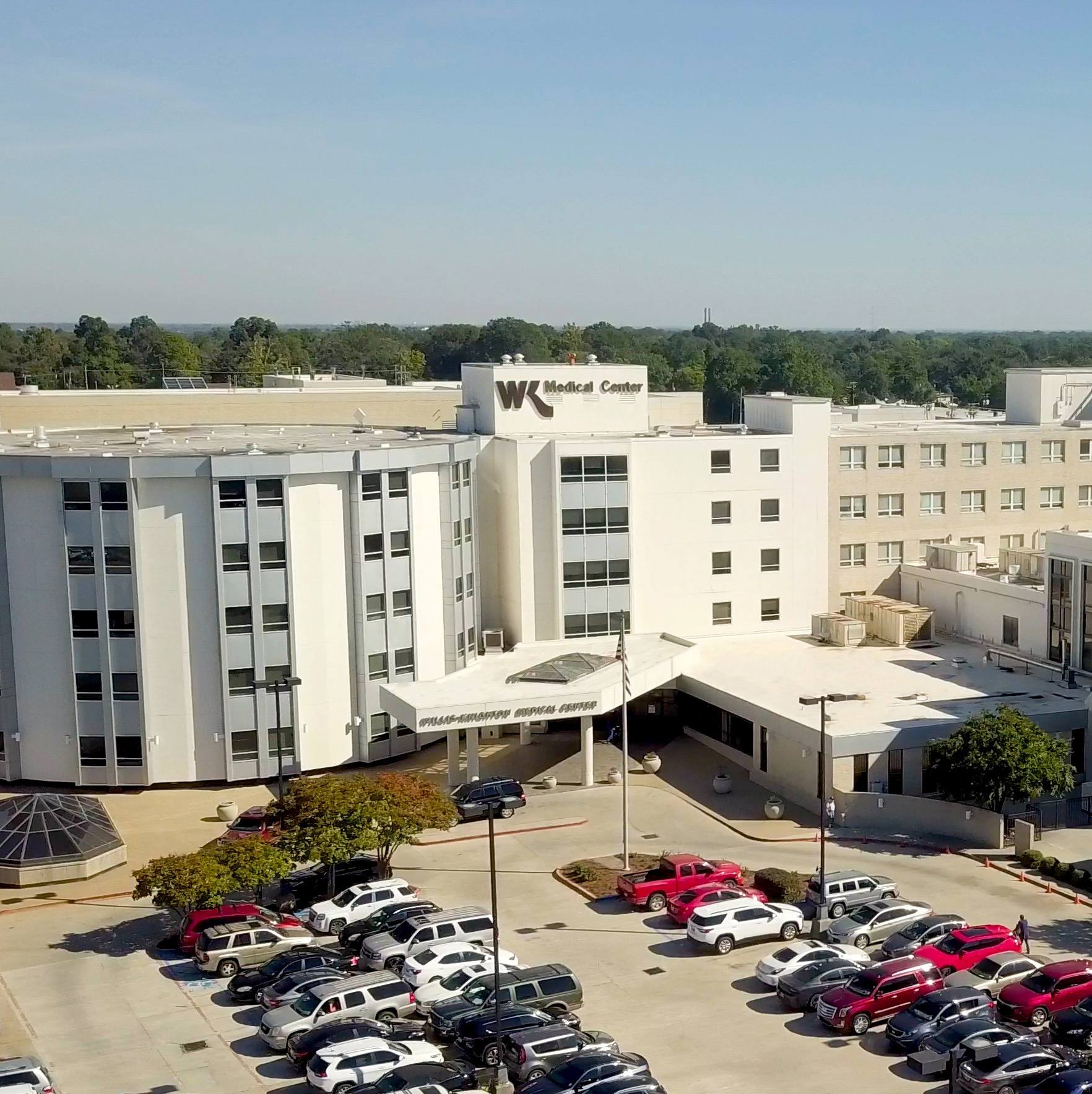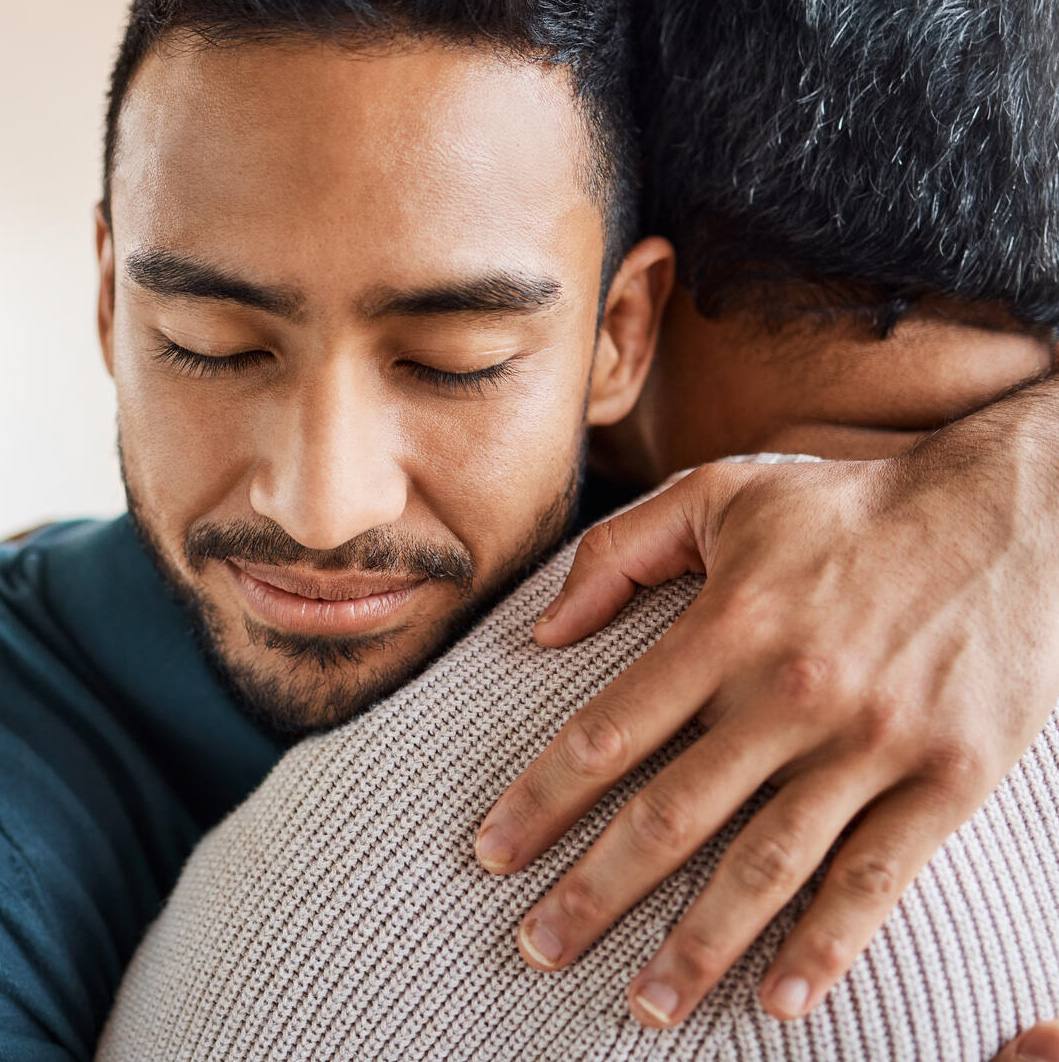-
‘Quality of Life’ Therapy Improves Health During Cancer Treatment, Mayo Clinic Finds
ROCHESTER, Minn. — Therapy to ease stress, fatigue and other quality of life issues significantly improves patients' sense of well-being during cancer treatment, new Mayo Clinic research shows. Patients who kept to their standard routines showed a decline in quality of life measures, the study found. The findings are published this month in Cancer.
Mayo cancer care specialists created a six-session program to address cognitive, physical, emotional, social and spiritual well-being. Each session includes physical therapy exercises to improve fatigue, discussions of topics such as developing coping strategies or addressing spiritual concerns, and deep breathing or guided imagery to reduce stress.
For people with cancer, fighting the disease understandably takes highest priority. But other factors — including stress, fatigue, pain, and spiritual uncertainty — can severely diminish patients' quality of life during and after treatment, says the study's lead author, psychologist Matthew M. Clark, Ph.D., of the Mayo Clinic Department of Psychiatry and Psychology. Many studies have tested strategies to improve patients' experience, but most approaches have focused on only one quality of life issue at a time and typically after cancer treatment, he says.
In the randomized trial, researchers studied a group of 113 patients with advanced cancer; 63 percent were male, mostly in their late 50s. All were receiving radiation therapy at the Mayo Clinic Cancer Center. Family members caring for cancer patients also often experience a lower quality of life, and the study included them. While half of participants stayed with their usual psychosocial routine during treatment (for instance, seeing their own therapists, counselors or clergy), the other half attended the formal, 90-minute program three days a week.
"Much of the success may be that the program is active and engaged, and patients participated in the sessions as part of a group. They received support and encouragement to go home and practice things like physical activity, spirituality and relaxation," Dr. Clark says.
While the study showed that the intervention can improve quality of life for cancer patients, Dr. Clark says there were two surprising results. Researchers found the program did not improve quality of life for caregivers during the treatment time period.
"We were hoping the program would also help caregivers who tend to experience significant emotional and physical fatigue," he says. "We still have to find ways to help them."
In addition, in a follow-up questionnaire conducted six months after treatment, the patients who took part in the program showed a lack of improvement in quality-of-life measures over time.
"The intervention is helpful at a critical time, but doesn't have a lasting continuous enhancing effect," Dr. Clark says. "Our hope is to develop strategies to help people maintain and then improve their quality of life throughout survivorship."
The study was funded by the Linse Bock Foundation and Mayo Clinic.







